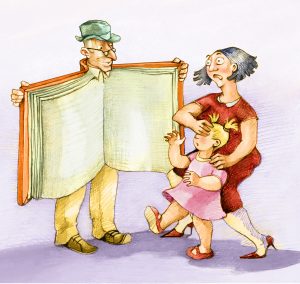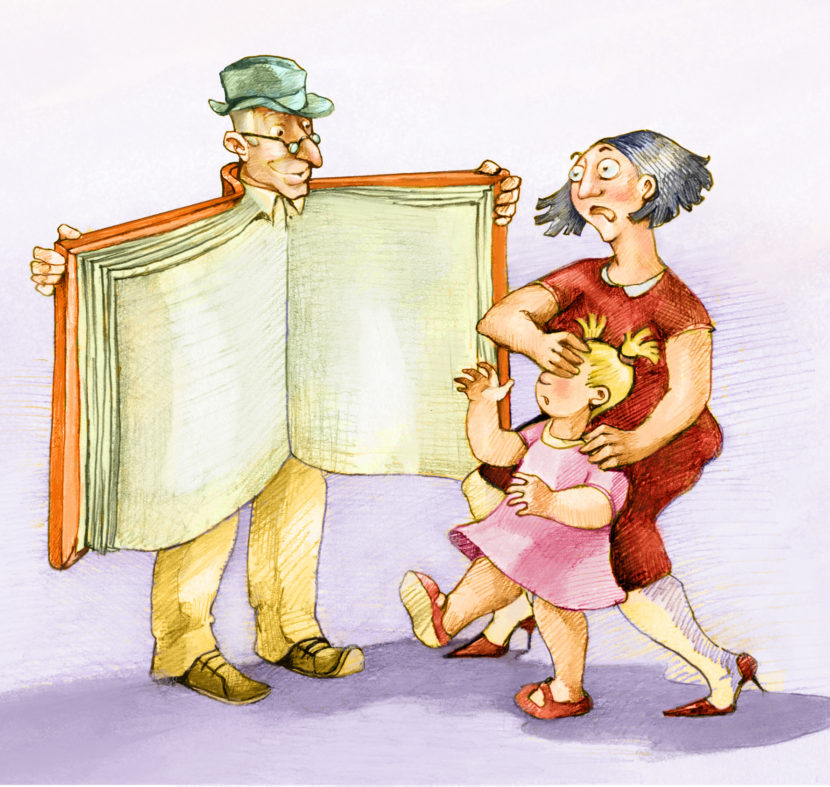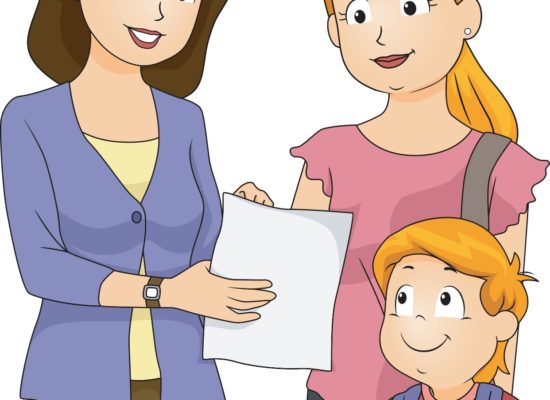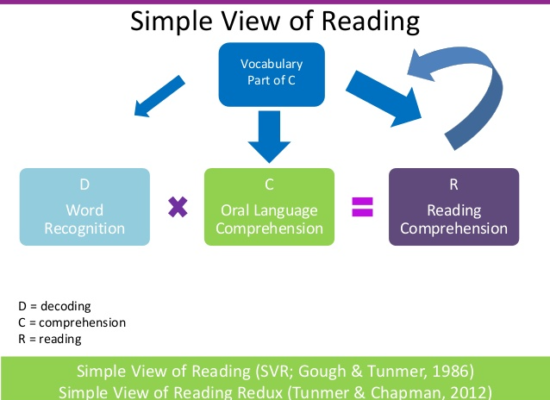It’s “Banned Books Week” at the American Library Association! The festivities have been in full swing! Did you know that the ALA has a website completely devoted to “banned” books week? You can find listings of the offensive books here. We are challenging “censorship” as they define it.
In truth, none of these books have been banned. Instead, they have been challenged by individuals who feel they are offensive or inappropriate. The challengers are asking to have the books removed from the library shelf or from the school curriculum.
The ALA asserts that this is censorship. Really?
Why Would a Book Be Challenged?
Here’s the ALA’s summary of the objections to the most challenged books of 2018:
- believed to encourage children to clear browser history and change their bodies using hormones,

- perceived as encouraging disruptive behavior,
- deemed “anti-cop,” and for profanity, drug use, and sexual references
- included LGBTQIA+ characters and themes
- addressed teen suicide
- included profanity, sexual references, and certain illustrations
- depicted stereotypes of Mexican culture
- included sexual references, profanity, violence, gambling, and underage drinking, and for its religious viewpoint
It’s not clear from the information provided by the ALA, but it seems obvious that most of these books were in the teen/young-adult category. After all, adults probably would not challenge themes intended for adults. Clearly, some parents, clergy, or others felt that the subject matter in these books was inappropriate or unhelpful.
What Is Reasonable?
As a society, we’ve decided that certain themes, language, and images are not appropriate for specific age groups. Our movie rating system demonstrates this clearly. We’ve also denoted explicit lyrics in songs. Furthermore, we designate video games for defined audiences. In addition, some types of magazines withheld from teens.
We do all of this because “young adults” are not adults. We exercise a certain amount of control over what they may be exposed to or influenced by. That seems reasonable. In fact, it is reasonable.
Why, then, isn’t it reasonable to object to offensive, inappropriate, or unhelpful content that is easily available on a library shelf? Each of us is the guardian of our own standards.
Challenging Content Is Not Censorship
It’s laudable that the ALA does all it can to promote and protect books. However, neither they nor the schools should have absolute authority over the ideas to which children are exposed. When parents, guardians, and community members object to a book being freely available or required, that is hardly “censorship.” Using that word for book challenges undermines its value. It also raises the profile of the ALA as it does battle with concerned citizens.
Ultimately, this approach disallows discretion or judgment based on specific concerns. Unfortunately, we don’t have a word that would mean the opposite of censorship. If we did, however, that would be the meaning of celebrating “banned books week.”




